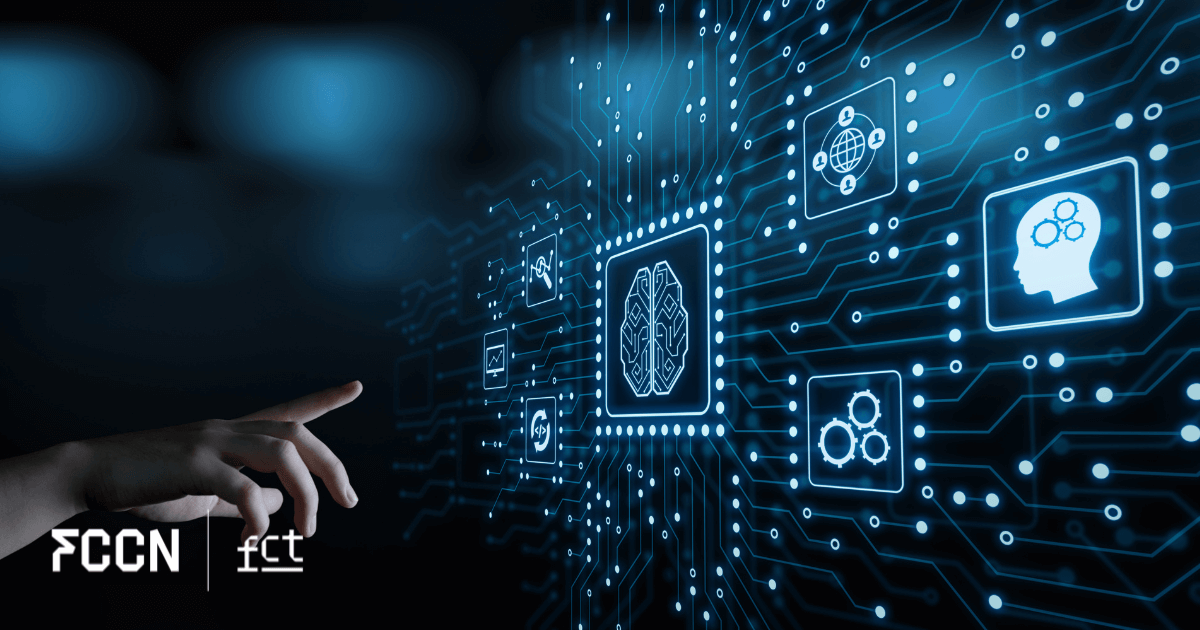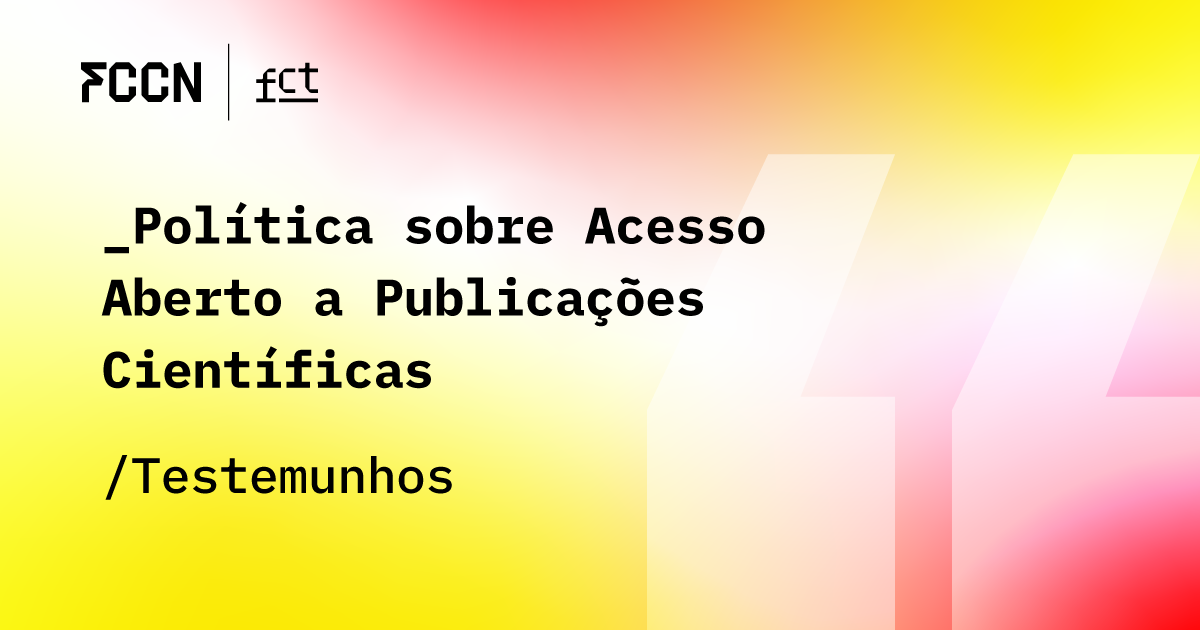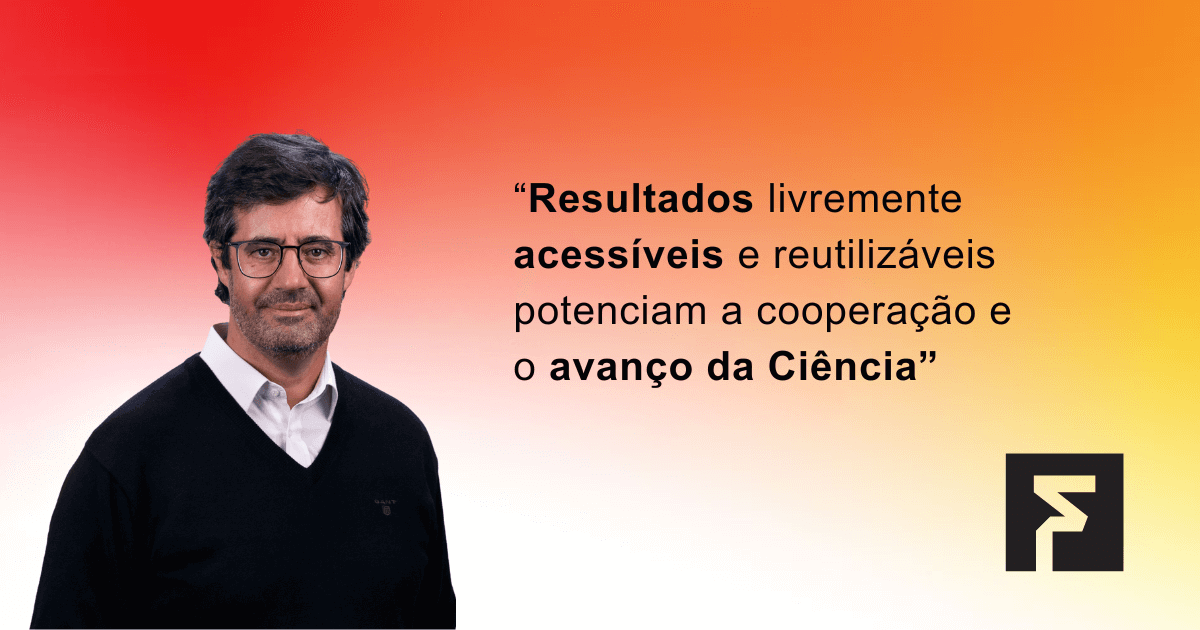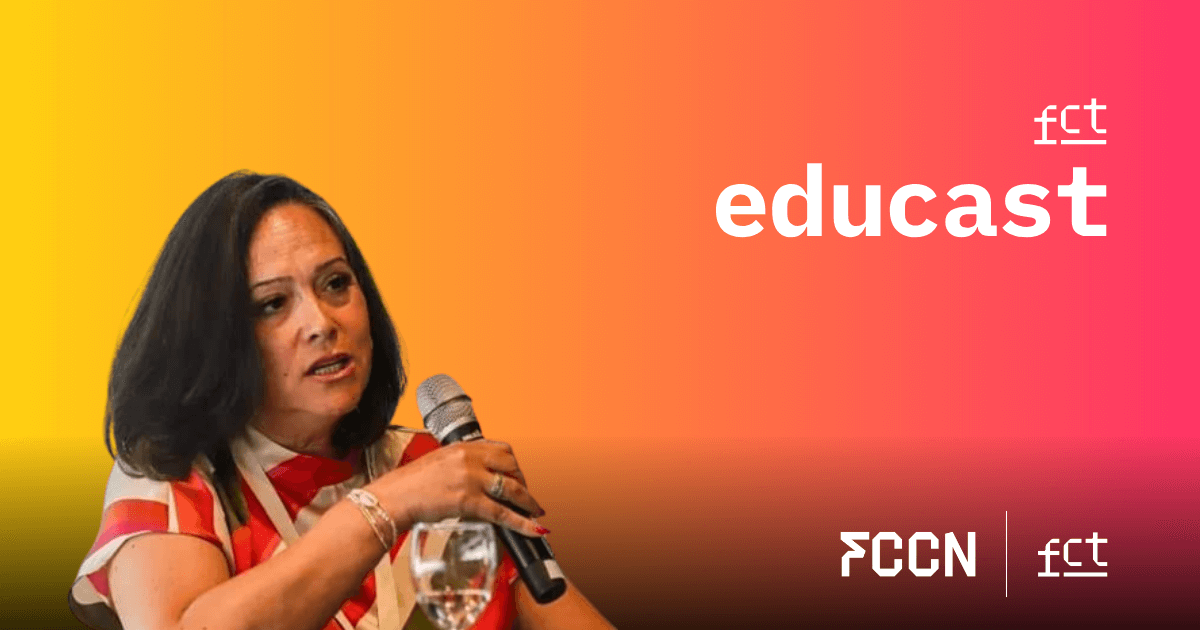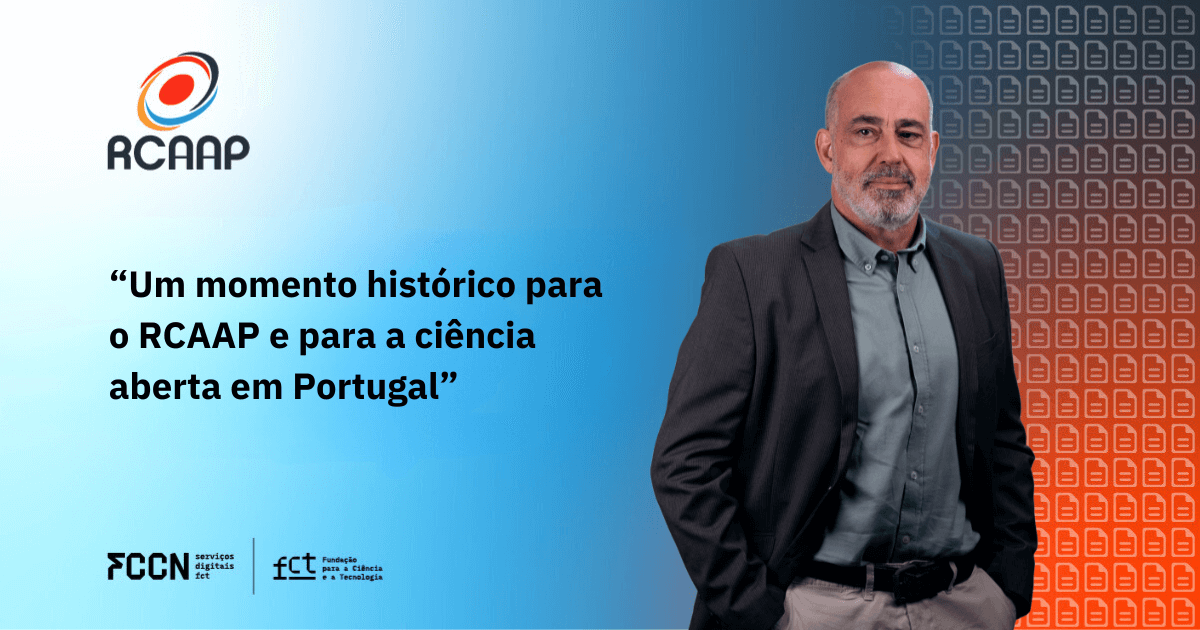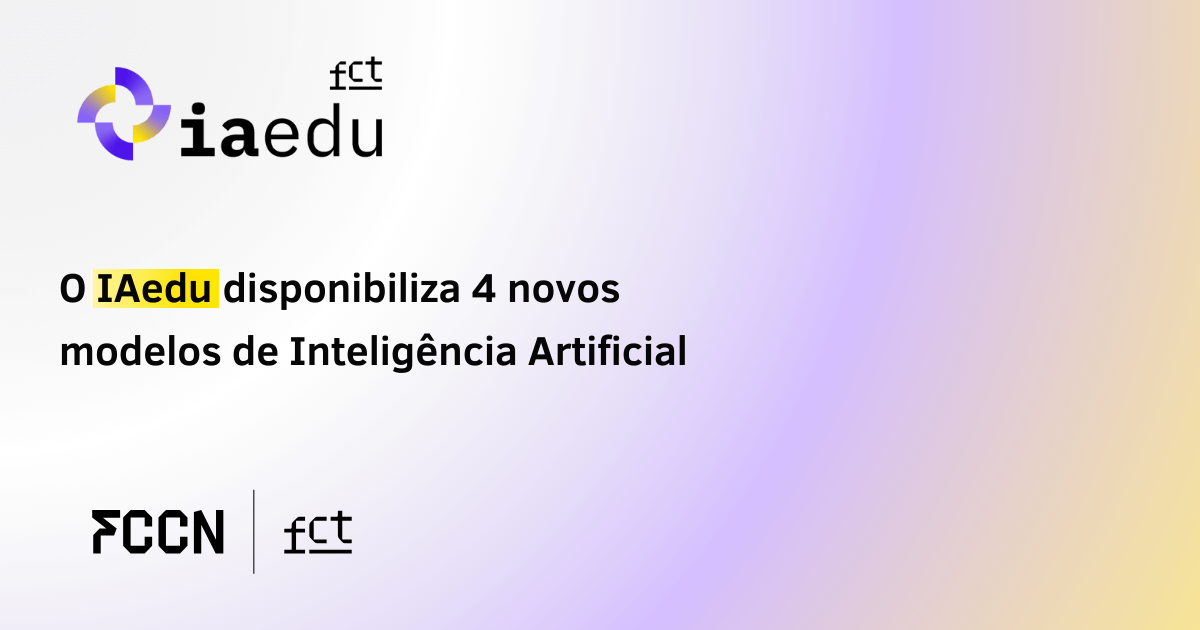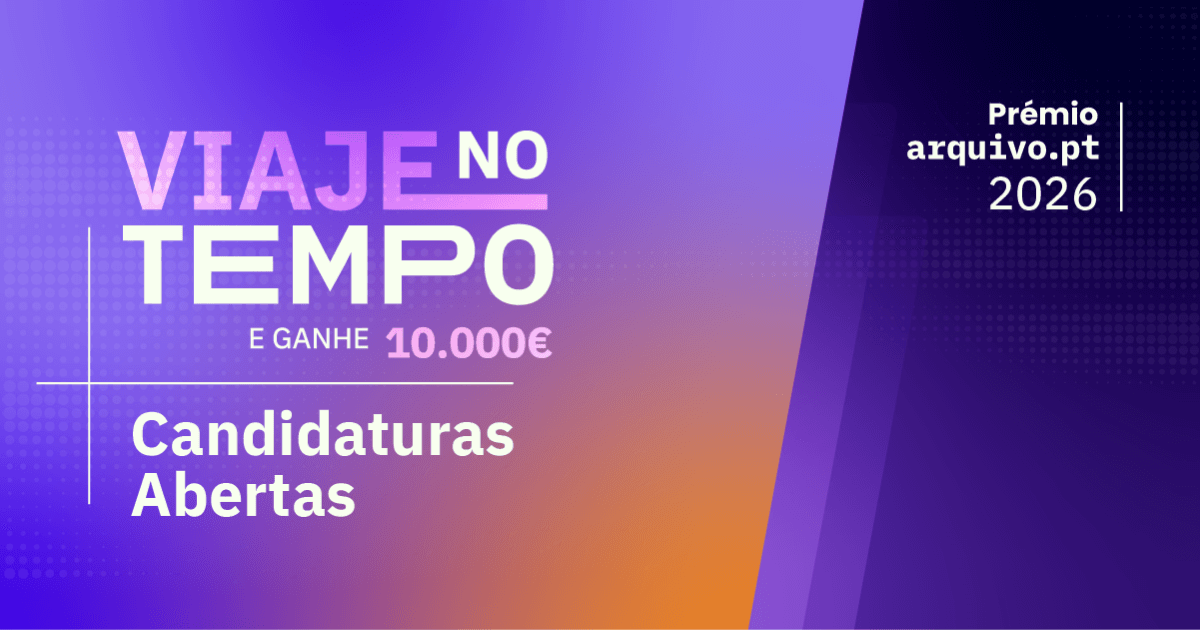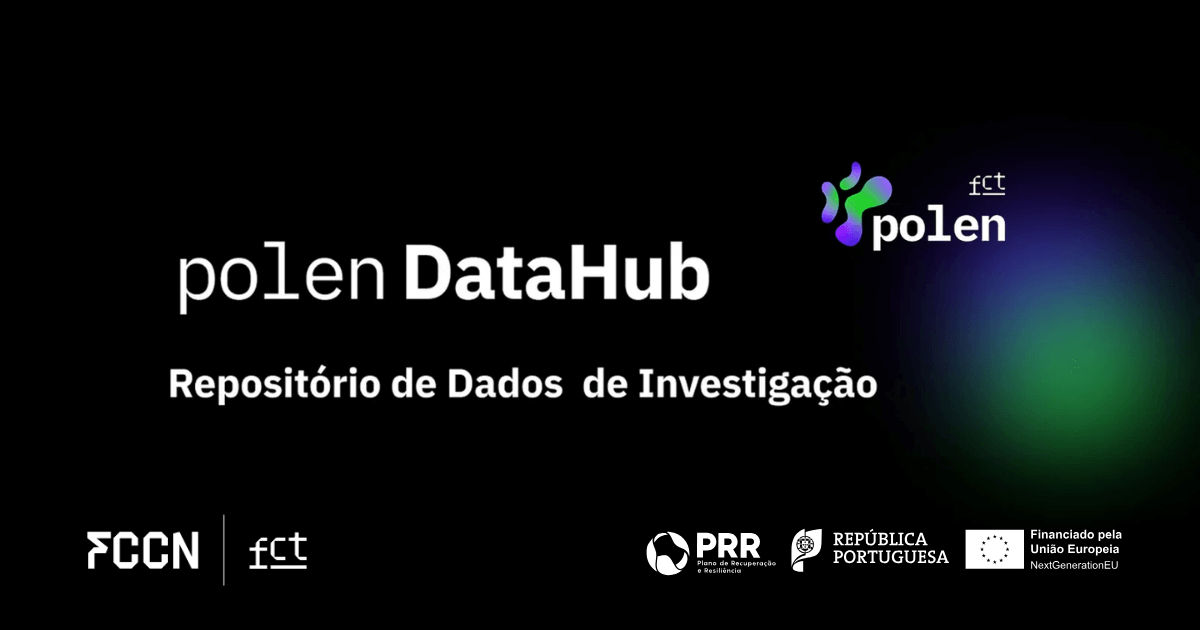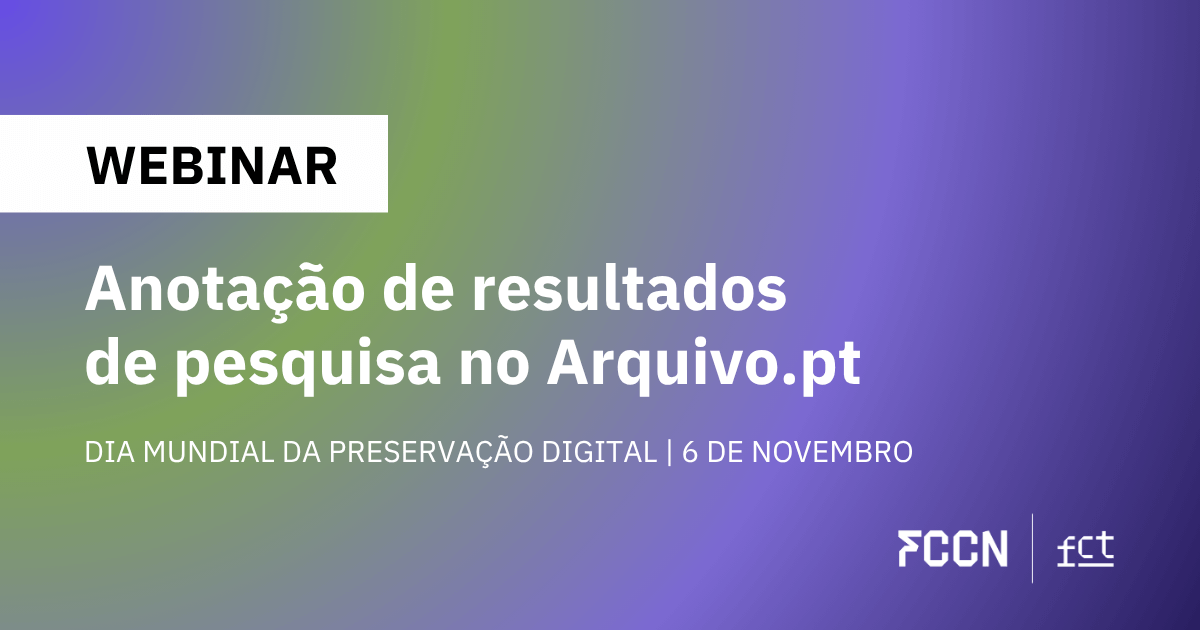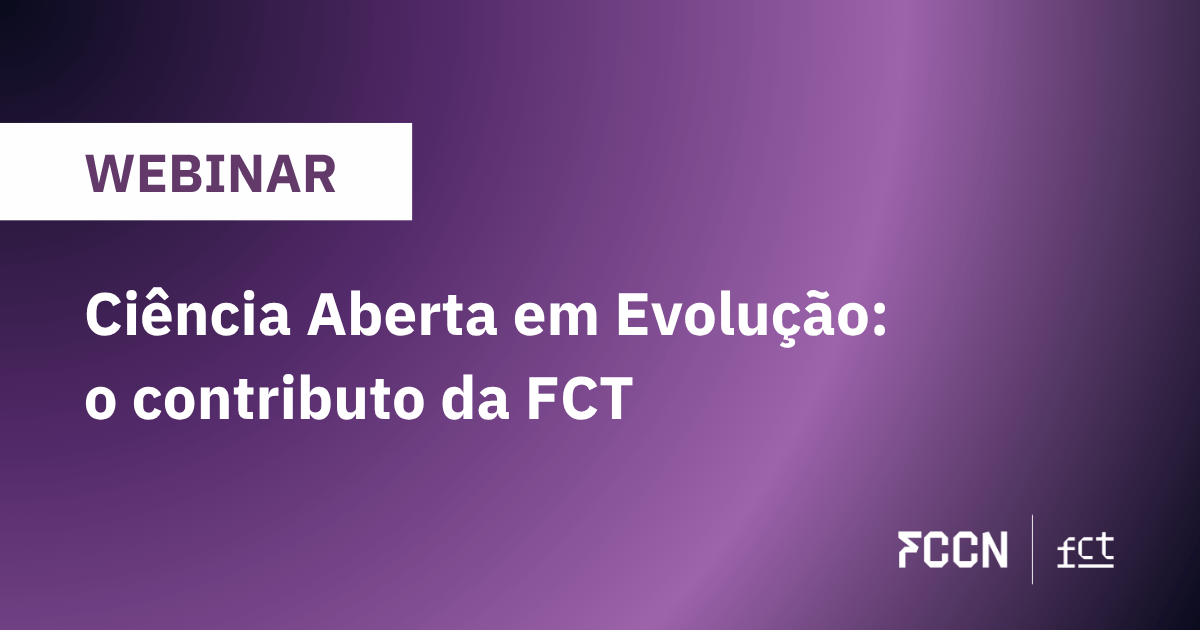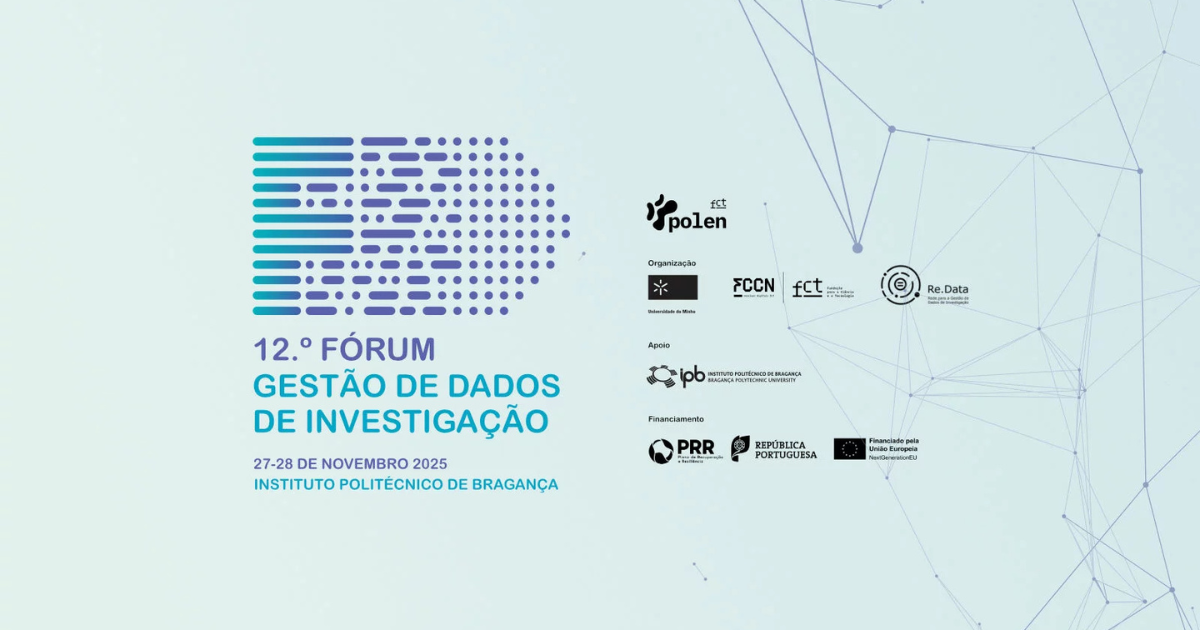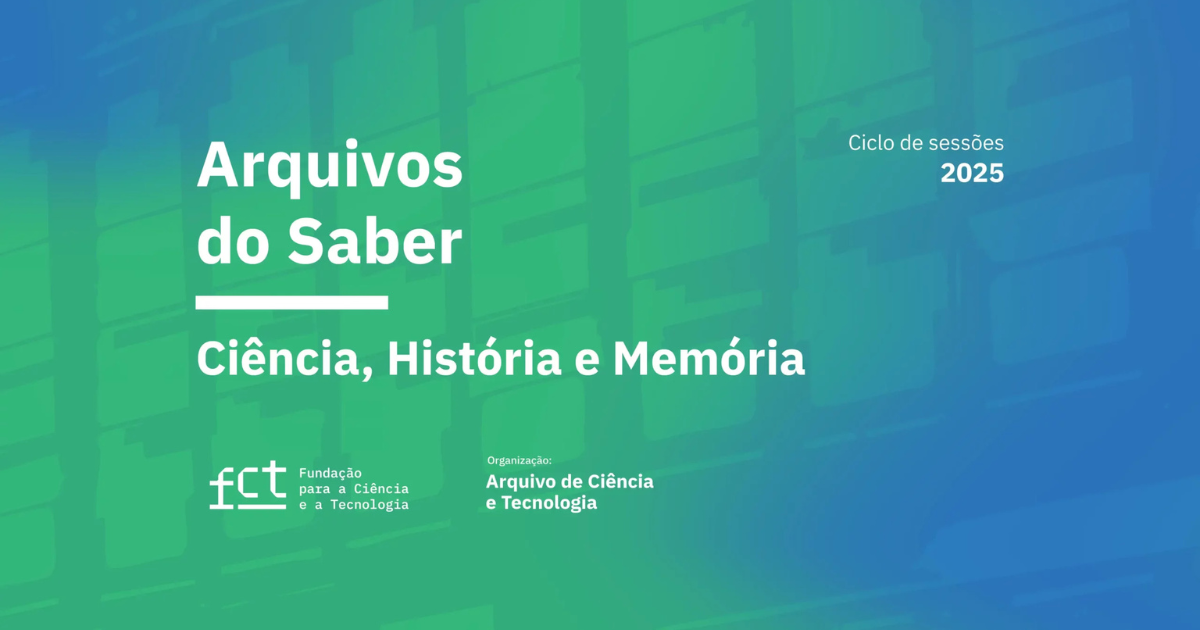On World Youth Skills Day, FCCN, the digital services unit of FCT, highlights science literacy as a skill that must be transversal to various generations, particularly the youngest, and increasingly central in today's society.
In a context of information overload and technological acceleration, having access to open and reliable scientific sources that allow for understanding concepts and fundamentals is essential for everyone—young and old alike. Scientific literacy enables informed decision-making, critical engagement in public affairs, and contributes to more resilient societies.
This is a basic skill, which is directly linked to the ability to understand the world and act upon it.. Scientific literacy allows us to navigate a reality increasingly marked by data, scientific evidence, and technological innovation, and should be cultivated from an early age and seen as essential throughout life.
Open Science: The Path to Access and Knowledge
Open science plays a structuring role in this process. When knowledge is accessible, transparent, and inclusive, it creates a solid foundation for science literacy. Democratizing access to knowledge ensures that more people can think critically, participate, and innovate.
Promoting access to knowledge and supporting a more prepared society are core commitments of FCCN. Through digital services that make open science accessible to everyone, scientific literacy is promoted as a driver of personal and collective development:
- b-on – Online Knowledge Library: provides access to thousands of scientific journals and publications, available to the national academic and scientific community.
- RCAAP – Open Access Scientific Repository of Portugal: platform that aggregates and makes available scientific publications from repositories of Portuguese institutions, promoting free access to national academic production.
- NAU Platform – Online teaching and training platform: offers open, free and certified courses, more recently allowing the association of DOI with training based on scientific research.
Through these and other services, FCCN, the FCT's digital services unit, continues to promote a open science, inclusive and accessible to all.
